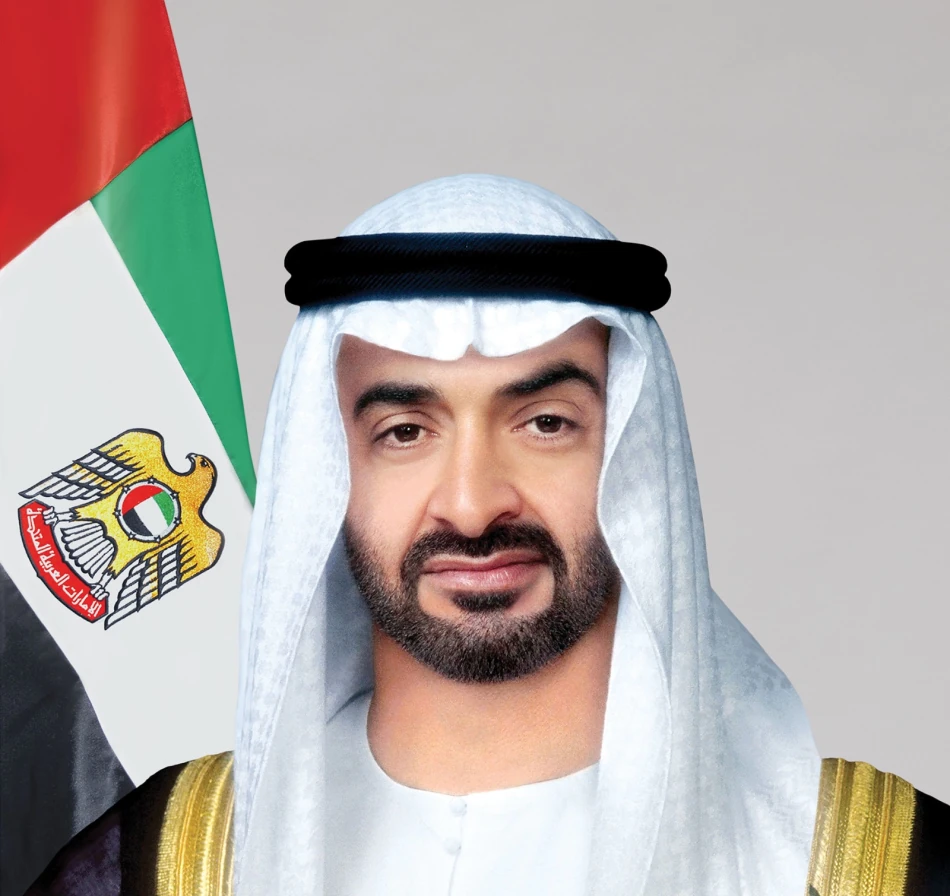
UAE Leaders Celebrate Emirati Women's Contributions to Nation-Building on Emirati Women's Day
UAE President Champions Women's Empowerment as Nation Pursues Gender Parity Vision
UAE President Sheikh Mohammed bin Zayed Al Nahyan has reinforced the country's commitment to women's empowerment, highlighting their pivotal role in national development as the Emirates advances its ambitious "Mother of the Emirates 50:50" gender parity initiative. His remarks on UAE Women's Day underscore a strategic push that positions the country as a regional leader in women's economic participation.
Presidential Recognition Signals Policy Continuity
In a statement posted on his official X platform account, Sheikh Mohammed bin Zayed praised Emirati women's "dedication and sincerity" as sources of strength and inspiration for the nation's future trajectory. The President emphasized women's contributions across development sectors, education, and family formation, framing gender equality as integral to national progress.
"Hand in hand, the UAE moves forward through a national system aimed at a better future for our country and our people," the President stated, linking women's empowerment directly to broader economic and social objectives.
The "Mother of the Emirates 50:50" Strategic Framework
Ambitious Gender Parity Goals
The referenced "Mother of the Emirates 50:50" vision represents one of the Middle East's most comprehensive gender equality frameworks. This initiative aims to achieve equal representation across government positions, corporate leadership roles, and economic participation metrics by specific target dates.
The UAE's approach contrasts sharply with regional neighbors, positioning the Emirates closer to progressive policies seen in countries like Rwanda and Iceland, which have achieved significant gender parity milestones in government and corporate sectors.
Economic Implications and Market Impact
Workforce Participation and GDP Growth
Current UAE statistics show women comprising approximately 70% of government employees and holding significant positions in sectors ranging from space exploration to artificial intelligence development. This trend signals substantial economic implications, as research consistently demonstrates that countries with higher women's workforce participation experience stronger GDP growth rates.
For investors and multinational corporations, the UAE's commitment to gender equality enhances its attractiveness as a business hub. Companies increasingly factor diversity metrics into location decisions, particularly in knowledge-based industries where the Emirates seeks to establish dominance.
Regional Leadership and Competitive Advantage
The UAE's women's empowerment policies create competitive advantages in attracting international talent and investment. While Saudi Arabia has launched similar initiatives under Vision 2030, the Emirates maintains a significant head start in implementation and cultural integration of gender equality principles.
This positioning becomes particularly relevant as Gulf states compete for post-oil economic diversification success. Nations with more inclusive societies typically demonstrate greater innovation capacity and entrepreneurial ecosystem development.
Global Context and Future Trajectory
The President's emphasis on women's roles in "development, education, and family formation" reflects a nuanced approach that balances traditional values with progressive policies. This strategy has proven effective in maintaining social cohesion while advancing economic modernization goals.
As the UAE approaches key milestones in its various national visions, women's participation rates will serve as crucial indicators of success. The country's ability to maintain momentum in gender equality while navigating regional geopolitical complexities will likely influence its long-term economic competitiveness and international standing.
Most Viewed News

 Sara Khaled
Sara Khaled






